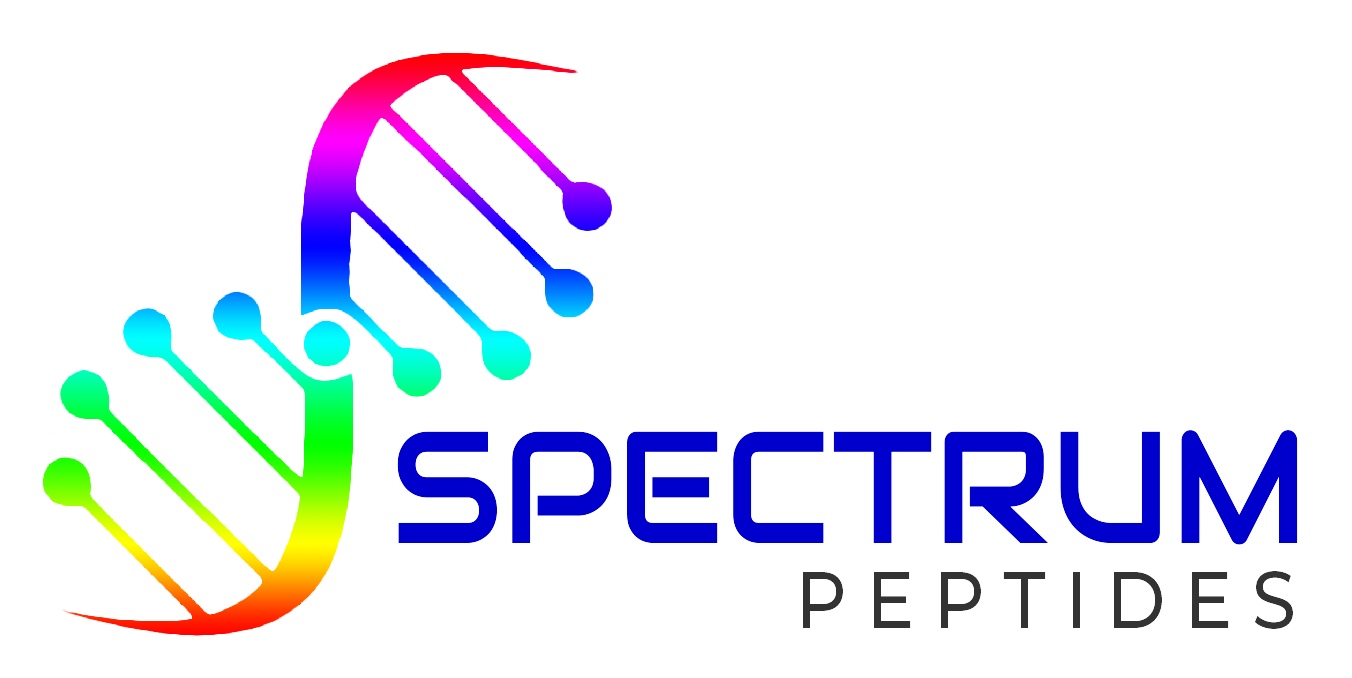Note: The information provided below is for educational and research purposes only. Spectrum Peptides products are not intended for human consumption, medical, or veterinary use. Always follow proper laboratory protocols.
🧪 What You’ll Need:
- Lyophilized peptide (in powder form)
- Sterile bacteriostatic water or sterile saline (depending on research needs)
- Sterile syringe and needle
- Alcohol swab
- Vial adapter (optional)
🧫 Step-by-Step Reconstitution Guide:
- Sanitize Your Work Area
- Wipe down all surfaces and tools with alcohol to maintain sterile conditions.
- Choose a Suitable Diluent
- Bacteriostatic water is most commonly used due to its longer shelf-life after reconstitution.
- Use sterile saline or acetic acid only if your research protocol specifies it.
- Determine Volume
- Calculate how much diluent you need based on your desired concentration (e.g., 1 mg of peptide + 1 mL diluent = 1 mg/mL concentration).
- Draw the Diluent
- Use a sterile syringe to draw the appropriate amount of diluent.
- Inject the Diluent Into the Peptide Vial
- Slowly inject the diluent into the vial, aiming it against the glass wall to avoid foaming.
- Do not shake the vial. Gently swirl or tilt it to mix.
- Allow Peptide to Fully Dissolve
- Let the vial sit at room temperature for a few minutes until the peptide is fully dissolved.
- Swirl again gently if needed.
- Label and Store
- Clearly label the vial with date and concentration.
- Store in a refrigerator (2°C to 8°C) unless otherwise specified in your lab’s protocol.
⚠️ Important Notes:
- For laboratory research only. Not for human use.
- Use reconstituted peptides promptly and discard any unused solution according to lab disposal guidelines.
- Avoid repeated freeze-thaw cycles.
